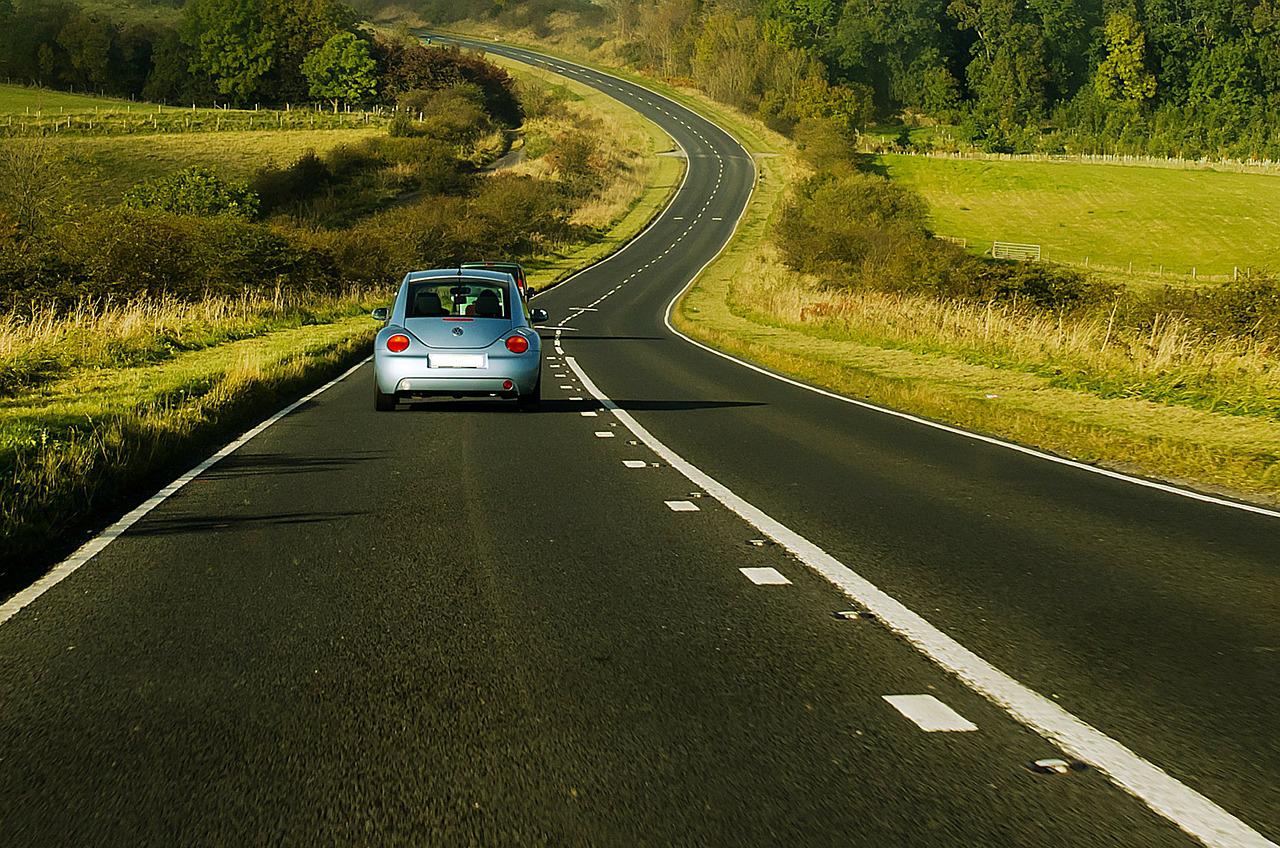Almost all automakers have announced a precipitation in sale volumes combined with a steep rise in profits due to their change in production and marketing strategy during the pandemic.
For example, Volkswagen, one of the world’s largest vehicle manufacturers, reported an 8% sales drop compared to 2020, a 451% increase in operational profit, and a 7% rise in sales revenue. Audi reports a similar 6.2% year-over-year profits rise for 2021 despite a 13.1% sales dip.
Lock-downs aiming to put a break to viral transmissions froze the car market demand, while semiconductor shortages made the situation worse by hitting the production and forcing companies to reduce output rates. Naturally, car brands turned to focus all available resources on producing premium models that would yield better returns due to their higher profit margins.
This coincided with an industry-wide shift towards developing electric vehicles (EVs), which are intrinsically more technologically advanced, having many R&D hours at their back, and encapsulating a promise for long-term returns to their owners. Also, these new models require the development of next-gen production lines, so the added cost is high. As expected, EV car models are more expensive, so the market proposals, in general, got more pricey.
The executive boards in virtually all carmakers are celebrating this shift. They can achieve all their corporate goals with less effort, reduced environmental footprint, lower production volumes, less reliance on volatile market categories, and fewer risks in general. The outcome is that budget car models won’t return any time soon, or quite possibly, ever.
According to Counterpoint report data, the war in Ukraine and the imposed financial sanctions and business closures are expected to accelerate this trend even further, with more production and supply chain obstacles reducing vehicle sales by 66% in the next three years.
Cars are going through a fast transition into becoming a premium product not meant to be enjoyed by the broader populations of less developed countries, which may cover the gap with an upgrade on their public transportation, focus on personal mobility solutions such as electric scooters and bicycles, and develop better pedestrian infrastructure.
Automakers Turn Their Backs to Budget Cars as Profits Soar Amidst Low Sales
By: | March 24th, 2022

Image by PublicDomainPictures from Pixabay
More articles from Industry Tap...






